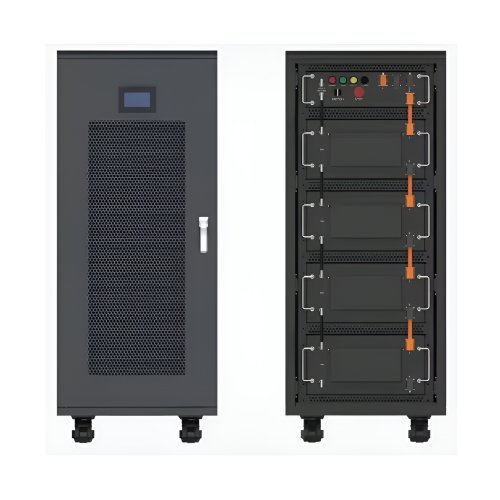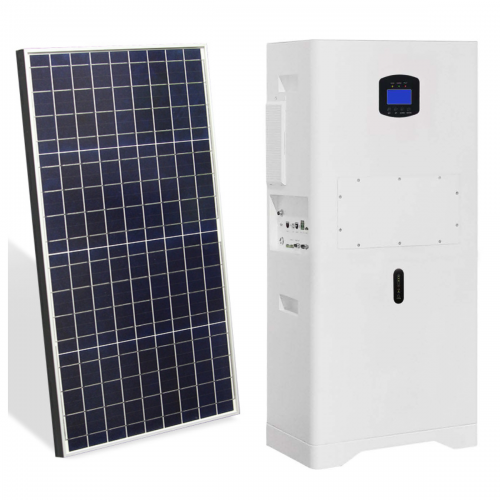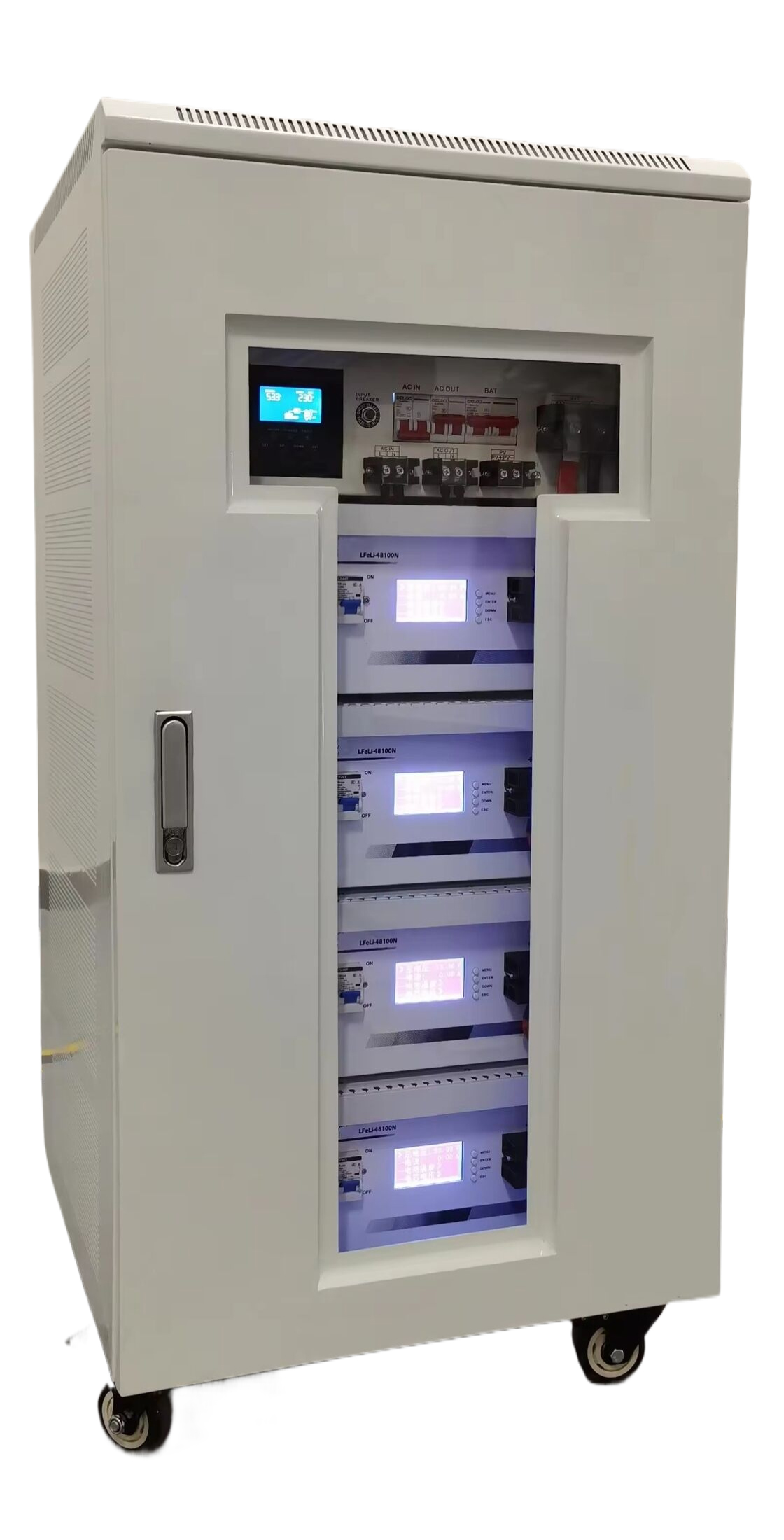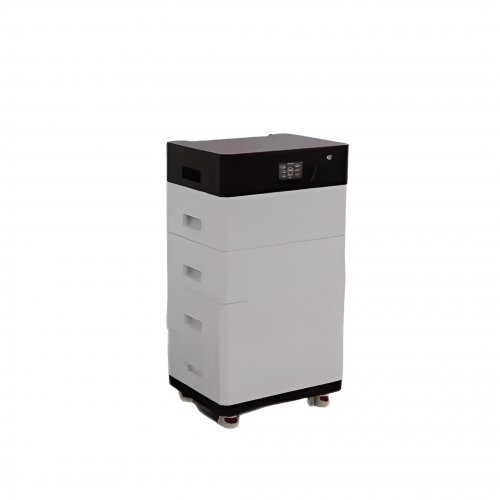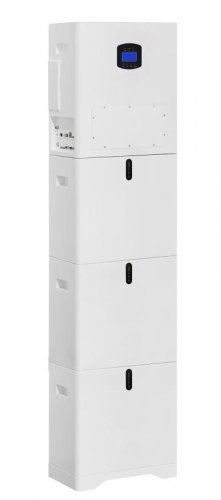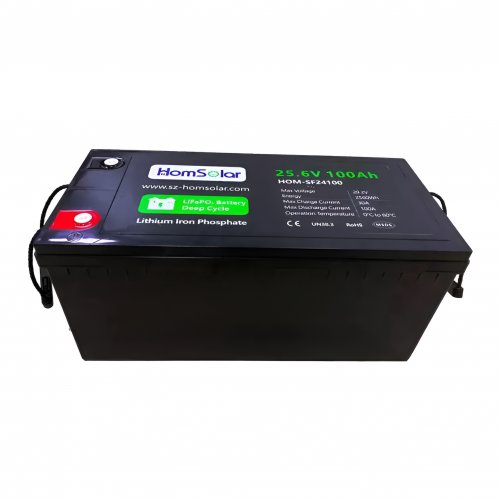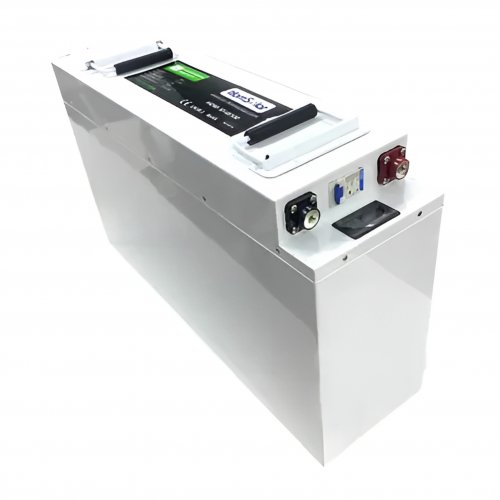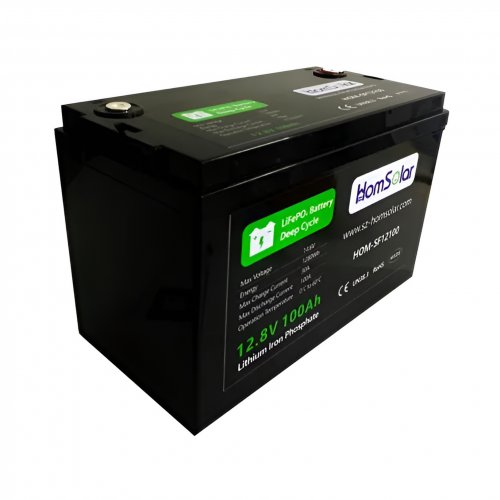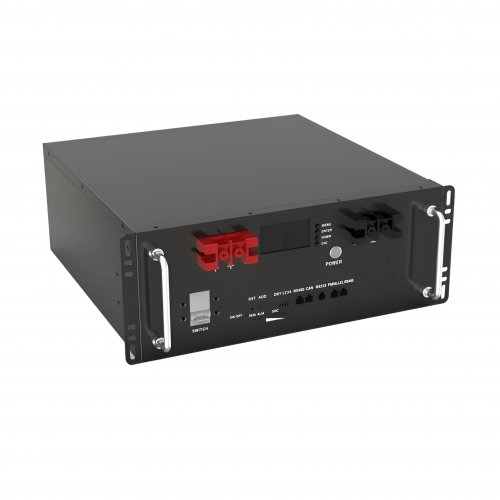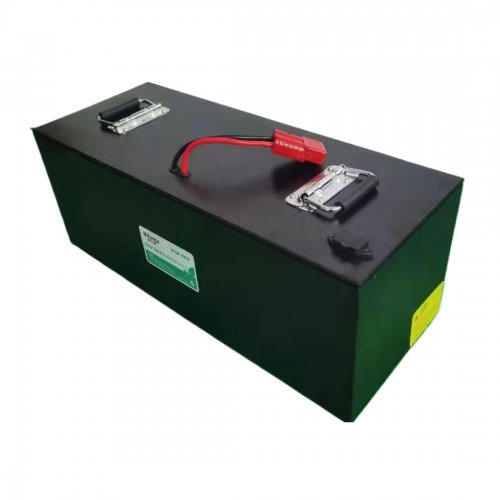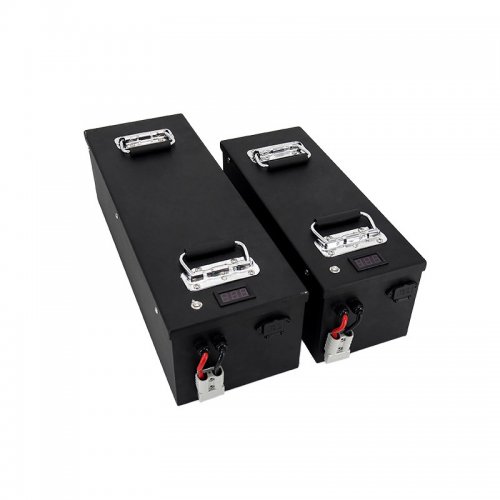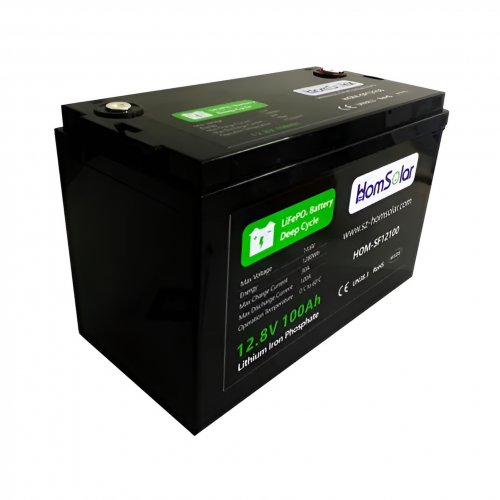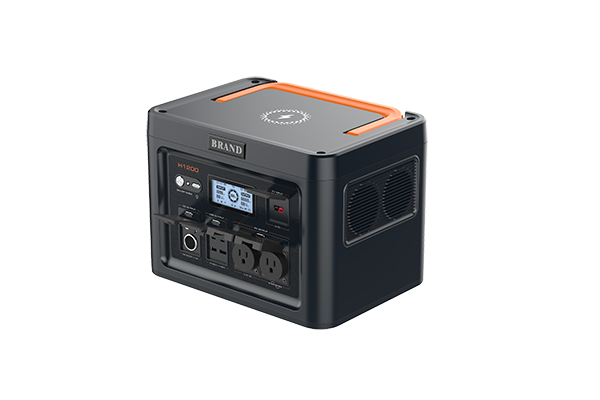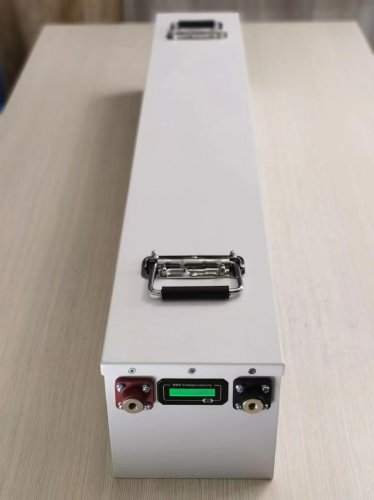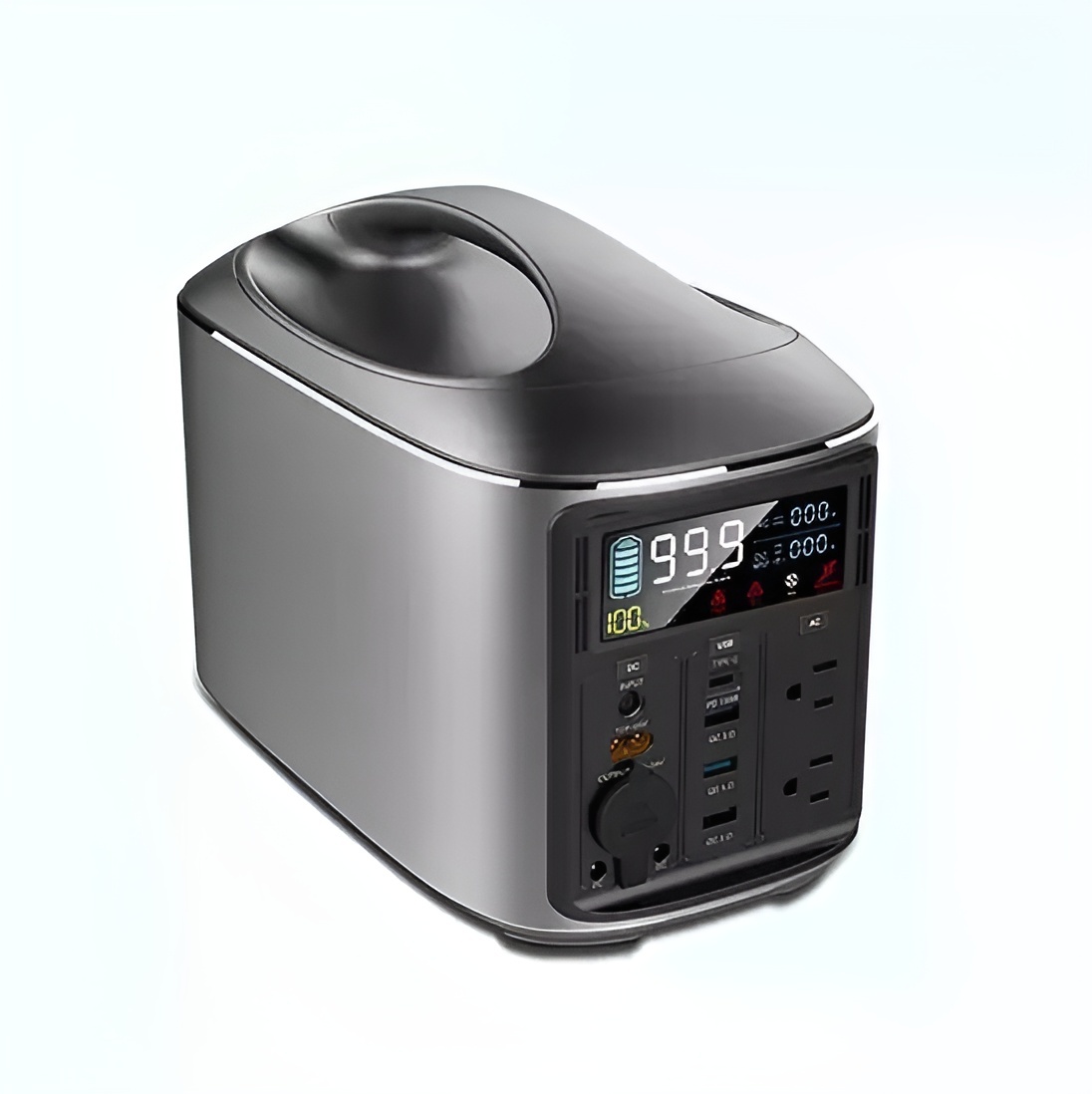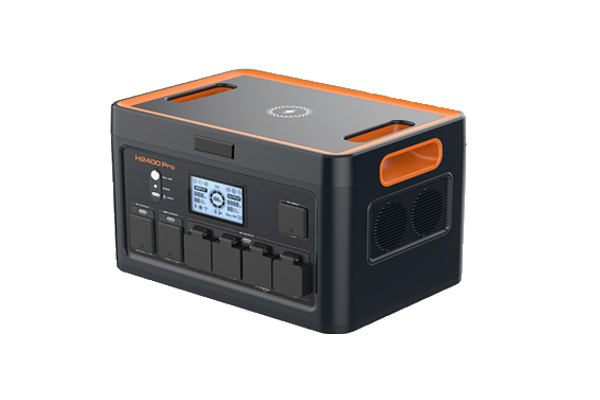Decision-making model for wind, solar projects in Saudi Arabia
A group of researchers led by Saudi Arabia's King Fahd University of Petroleum & Minerals (KFUPM) has developed a novel spatio-temporal decision-making model for the development of hybrid photovoltaic-wind power plants, as well as individual wind and PV projects, in Saudi Arabia.
“Our new model can identify the optimal locations for utility-scale solar PV, onshore wind farms, and hybrid systems in Saudi Arabia,” the research's lead author, Mohamed R. Elkadeem, told pv magazine. “Unlike traditional approaches that rely on long-term averaged data or single energy sources, we introduced a novel spatio-temporal decision-making model (STDMM) that leverages the ERA5 hourly reanalysis dataset along with high-accuracy spatial models of over twenty constraints and evaluation criteria. The model provides a practical solution for land-use optimization and renewable energy (RE) planning.”
Interested in more insights on Saudi Arabia?
Join our in-person event in Riyadh! The second edition of SunRise Arabia Clean Energy Conference will be held on February 19, 2025. Reserve your ticket now.
ERA5 is a reanalysis dataset providing hourly estimates of a large number of atmospheric, land and oceanic climate variables. It can calculate a project's capacity factor (CF), annual technical potential generation (ATPG), and levelized cost of electricity (LCOE) while also estimating power infrastructure costs.
To identify the best sites for wind and solar deployment, the method uses 1 km2 grid-level analysis based on a multi-layered hybrid GIS-Bayesian Best Worst Method (BWM) model, which is a multi-criteria decision-making method to find the optimal weights of a set of criteria based on the preferences of only one decision-maker (DM). An energetic complementarity model is utilized to analyze hybrid wind-solar plants.
“The combination of GIS and Bayesian BWM modeling ensures that site selection is comprehensive and balanced, incorporating expert-driven criteria to optimize decision-making of the site selection process,” the scientists said, noting that ERA5 tends to perform better for solar resource assessments compared to wind resources.
Through the new model, the researchers found that around 32% of the country is suitable for solar energy development and 36% for wind
“The study proposes that approximately 4.81 % of land be allocated for solar projects and 4.74 % for wind projects to meet 50 % of Saudi Arabia's 2030 energy needs, translating to the development of 95.12 GW of solar PV and 74.45 GW of wind turbines,” the team stated. “Techno-economic analysis reveals solar resources are relatively homogeneous across the country, while wind resources show greater spatial variability, affecting project costs and efficiency.”
Their analysis also showed that the LCOE for solar power ranges between $43/MWh and $78.6/MWh, with the average value reaching $52.6/MWh. As for wind, the LCOE was found to have a wider range from $34.8/MWh to $125/MWh.
The novel methodology was introduced in the study “A spatio-temporal decision-making model for solar, wind, and hybrid systems – A case study of Saudi Arabia,” published in Applied Energy. The research team included academics from Egypt's Kafrelsheikh University and the Wrocław University of Science and Technology in Poland.
According to the research team, the proposed method could open new markets for renewable energy planning and optimization tools, serving developers, governments, and utility companies in Saudi Arabia. “The model not only reduces costs but also accelerates the efficient installation of utility-scale renewable energy systems, contributing to Saudi Arabia's goals for 50% renewables share in electricity generation by 2030 and 50% natural gas-fired power generation and reach Net-Zero Emissions by 2060,” Elkadeem said.
Customized/OEM/ODM Service
HomSolar Supports Lifepo4 battery pack customization/OEM/ODM service, welcome to contact us and tell us your needs.


HomSolar: Your One-stop LiFePO4 Battery Pack & ESS Solution Manufacturer
Our line of LiFePO4 (LFP) batteries offer a solution to demanding applications that require a lighter weight, longer life, and higher capacity battery. Features include advanced battery management systems (BMS), Bluetooth® communication and active intelligent monitoring.

Customised Lithium Iron Phosphate Battery Casing
ABS plastic housing, aluminium housing, stainless steel housing and iron housing are available, and can also be designed and customised according to your needs.

HomSolar Smart BMS
Intelligent Battery Management System for HomSolar Energy Storage System. Bluetooth, temperature sensor, LCD display, CAN interface, UART interface also available.


Terminals & Plugs Can Be Customized
A wide range of terminals and plugs can be customised to suit the application needs of your battery products.

Well-designed Solutions for Energy Storage Systems
We will design the perfect energy storage system solution according to your needs, so that you can easily solve the specific industry applications of battery products.



About Our Battery Cells
Our energy storage system products use brand new grade A LiFePO4 cells with a battery lifespan of more than 4,000 charge/discharge cycles.



Applications in Different Industries
We supply customized & OEM battery pack, assemble cells with wiring, fuse and plastic cover, all the cell wires connected to PCB plug or built BMS.
Applications: E-bike, Electric Scooter, Golf Carts, RV, Electric Wheelchair, Electric Tools, Robot Cleaner, Robot Sweeper, Solar Energy Storage System, Emergency Light, Solar Power Light, Medical Equipment, UPS Backup Power Supply.
We can provide you with customized services. We have the ability to provide a vertical supply chain, from single cells to pack/module and to a complete power solution with BMS, etc.


HomSolar (Shenzhen) Technology Co., Ltd







